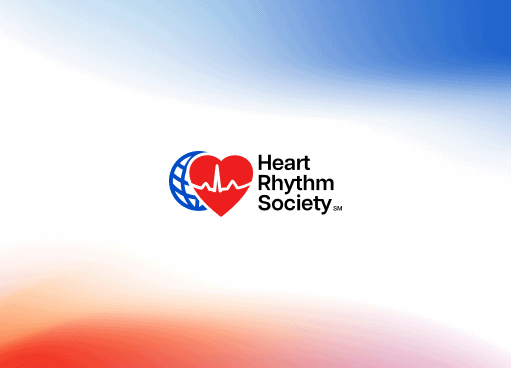WASHINGTON, DC – In the years since the introduction of American Board of Internal Medicine’s (ABIM) Maintenance of Certification (MOC) requirements, the Heart Rhythm Society (HRS) has heard from its U.S. members that the process is onerous. Through collaborations with other specialty organizations and independently, HRS leadership and member representatives have explored countless alternatives and applied constant pressure on ABIM to change or eliminate some of the requirements.
HRS believes ABIM reporting diplomates as “Not Certified” for not participating in ABIM’s MOC program is unfair and not reflective of the qualification status of our members. In order to best serve the growing number of patients diagnosed with heart rhythm conditions, HRS encourages payors and hospitals to carefully consider the status of their physicians and not restrict those not recognized as “certified” by ABIM MOC requirements, considering the continuing medical education (CME/ACE) requirements they already must meet at the state and hospital levels. HRS contends that diplomates who have met the requirement of passing a 10-year exam or are participating in an alternative exam pathway such as periodic assessments and meet reporting requirements of procedural volumes should maintain their “Certified” status.
HRS is committed to lifelong continuous learning with immediate (formative) assessments rather than periodic “high stakes” summative examinations that cover the full breadth of the field of electrophysiology. HRS has advocated for assessments with the following features:
- The assessment should be modular instead of covering the full breadth of the field.
- Modules should be customizable, including core content and content relevant to practice.
- An open-book approach should be employed.
- Alternatives to camera monitoring to ensure security should be used.
Often in collaboration with other cardiac organizations, HRS also continues to assess and consider alternative certification processes on behalf of our membership.
HRS Members and Board Certification: Background
HRS has a diverse set of members, but the largest group is comprised of physicians certified in Clinical Cardiac Electrophysiology (CCEP) from the United States.
Board certification is intended to ensure that health care professionals achieve and maintain common standards for patient care. Certification for CCEPs is provided by the ABIM which operates as one of the 24 member boards of the American Board of Medical Specialties (ABMS) to maintain standards for professional certification.
To achieve initial ABIM certification in CCEP, a physician must first be certified in both Internal Medicine (IM) and Cardiovascular Disease (CVD), although certification may be maintained in Clinical Cardiac Electrophysiology only.
The ABMS mandates that its member boards implement a four-part MOC program, and each member board creates its own policies and procedures governing MOC. In 2014, the ABIM introduced a host of new requirements that many physicians considered too burdensome, too costly, not based upon evidence and not relevant to practice. After a strong backlash, many of the new requirements were shelved by the ABIM in early 2015. Medical society advocacy on behalf of members is one reason for those changes.
###
About the Heart Rhythm Society
The Heart Rhythm Society is the international leader in science, education, and advocacy for cardiac arrhythmia professionals and patients and the primary information resource on heart rhythm disorders. Its mission is to improve the care of patients by promoting research, education, and optimal healthcare policies and standards. Incorporated in 1979 and based in Washington, D.C., it has a membership of more than 8,000 heart rhythm professionals from 94 countries. For more information, visit www.HRSonline.org.
Press Contact
- Name: Kris Murphy
- Email: [email protected]
- Phone: 202-464-3431
Related Posts

Press Releases
Heart Rhythm 2025 Showcases New Advancements in Emerging Pulsed Field Ablation Technology
April 27, 2025

Press Releases
New Study Finds GLP-1 Receptor Agonists May Reduce Atrial Fibrillation-Related Events in Patients with Obesity
April 26, 2025

Press Releases
Late-Breaking Clinical Trials at Heart Rhythm 2025 Showcase Promising Outcomes for Left Bundle Branch Area Pacing
April 25, 2025